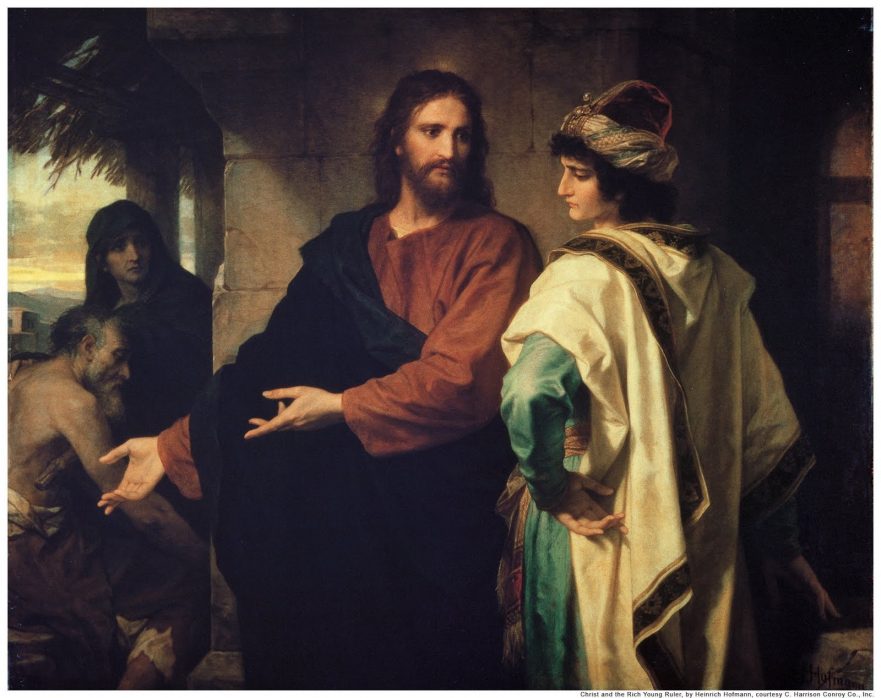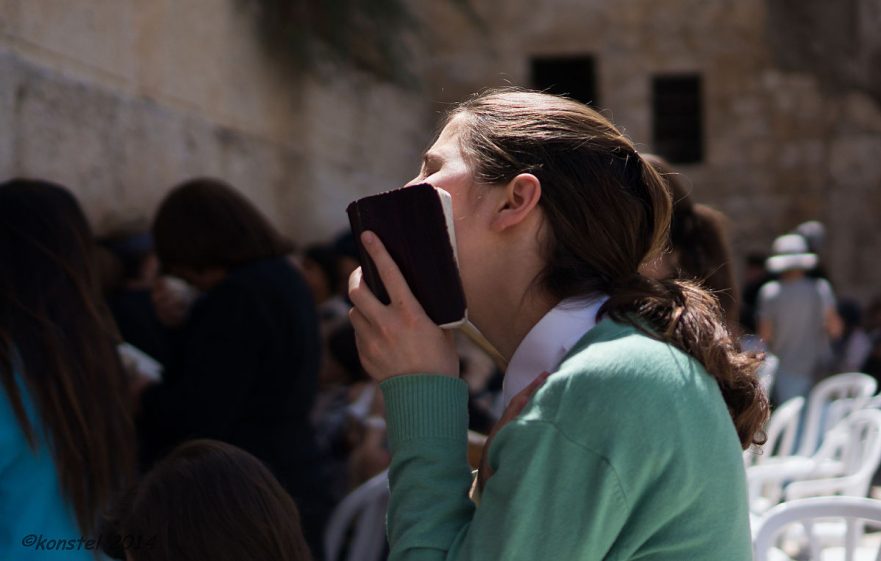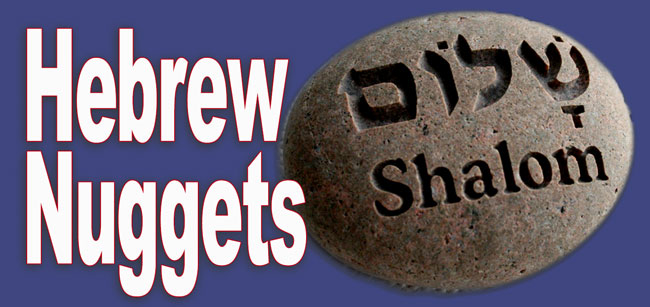God will probably test our commitment to him at its weakest, most vulnerable point or points, those areas in our lives that we have made more important than him.
The Wealth of Herod the Great
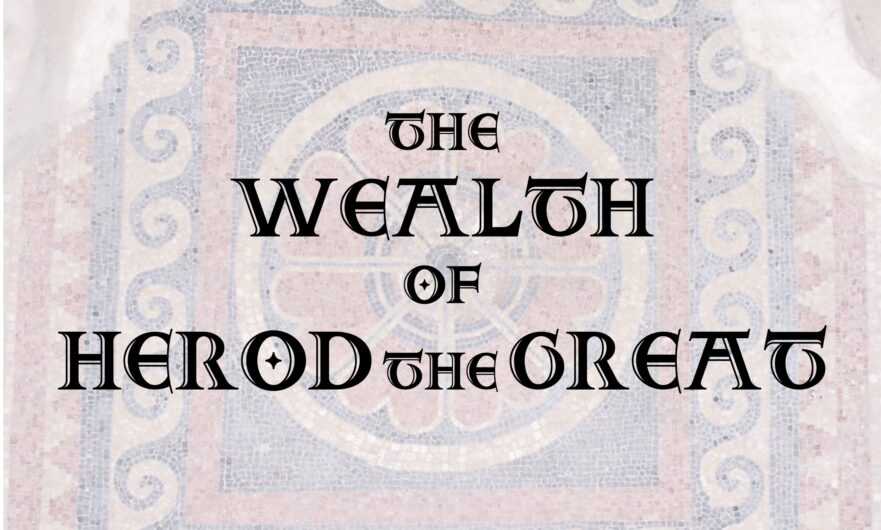
King Herod built on a scale that surpassed even the rulers of the Roman empire. Magen Broshi explains how this administrative genius was able to fund monumental building projects both within and without his kingdom.
Trees of Life
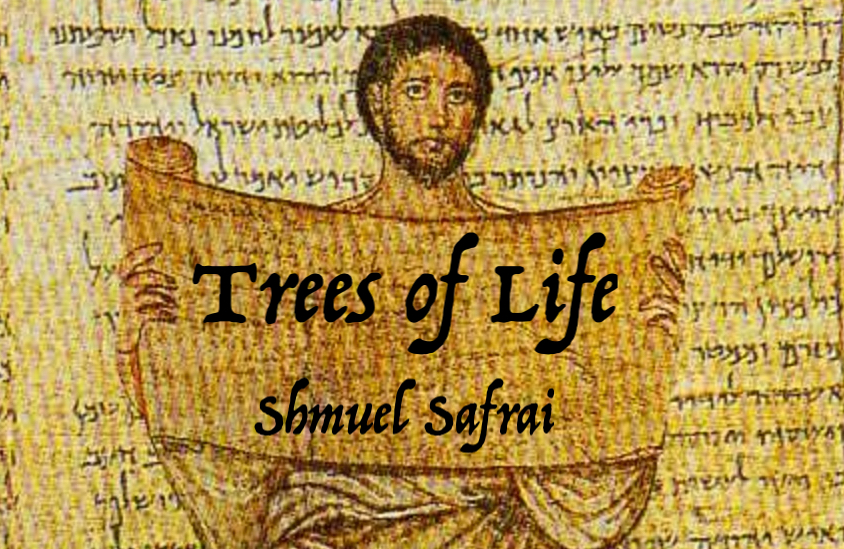
Today it is the custom of the Ashkenazim to equip Torah scrolls with wooden handles called “Trees of Life.” It is often assumed that this also was the practice in Jesus’ time. Professor Safrai sets the record straight.
Jewish Laws of Purity in Jesus’ Day
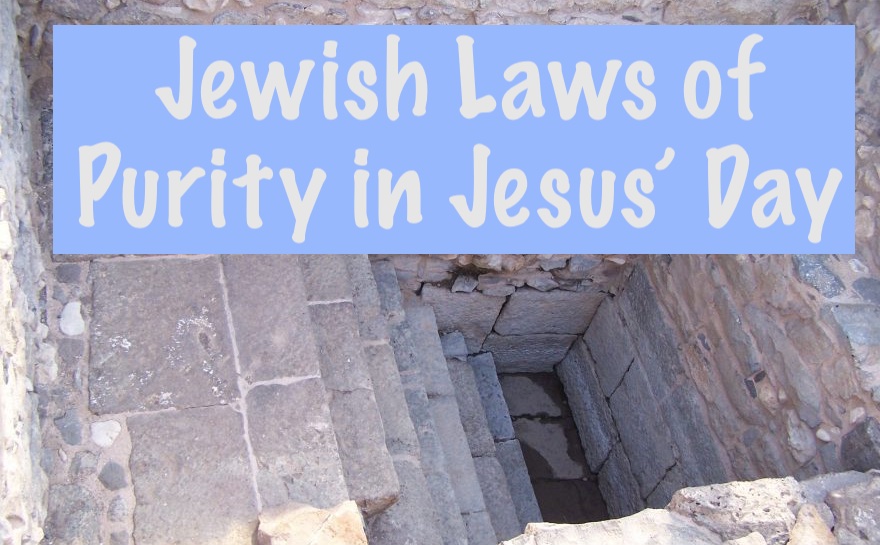
The sages were required to interpret the biblical commandments, including those dealing with ritual uncleanness of menstruants. Rabbinic regulations about impurity caused by menstruation form the background to several stories in the gospels.
The Miraculous Catch: Reflections on the Research of Mendel Nun
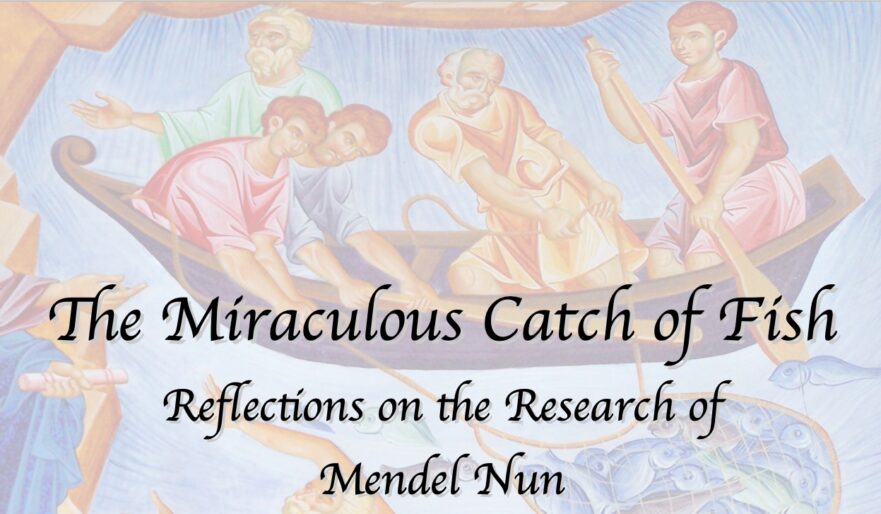
Mendel Nun’s research is important in illuminating many Gospel stories.
The Sweetness of Learning
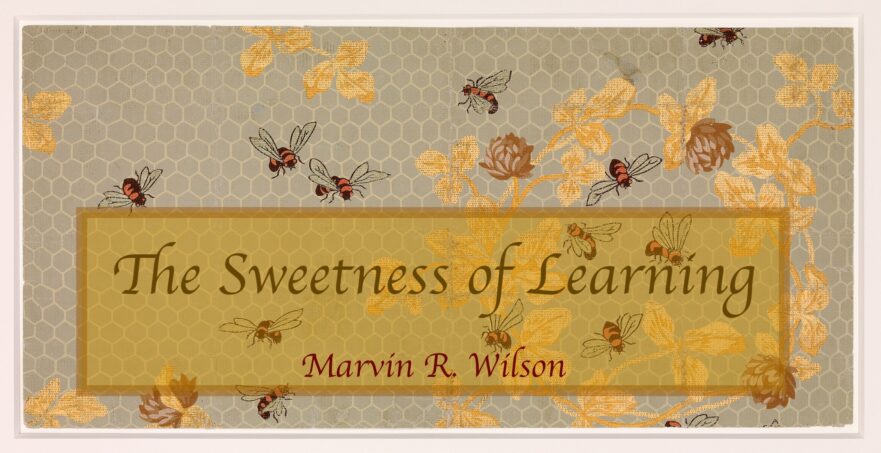
Although the Gospels give little information concerning Jesus’ childhood, we can suppose that in his formative years Jesus received a good Jewish education. Dr. Wilson gives us a glimpse into the Jewish way of training a child.
New Testament Canon
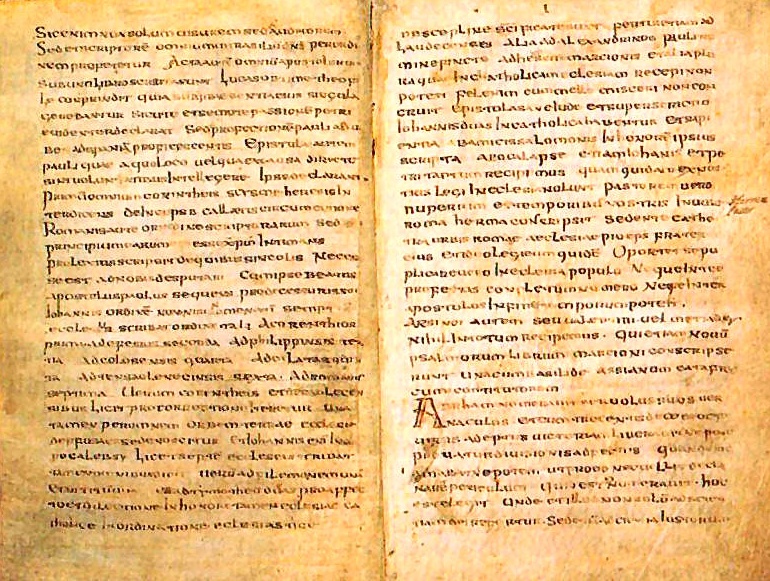
While God had used individual writers to record the books themselves, the actual acceptance of those books as being from God was subject to a long transition, a process of testing.
Inspiration, History and Bible Translation

To believe in the Christian Bible is also to believe in God’s working through the church, and to believe in the church is also to believe in its constitutional documents, the Hebrew Bible and the New Testament.
Reconstructing the Words of Jesus
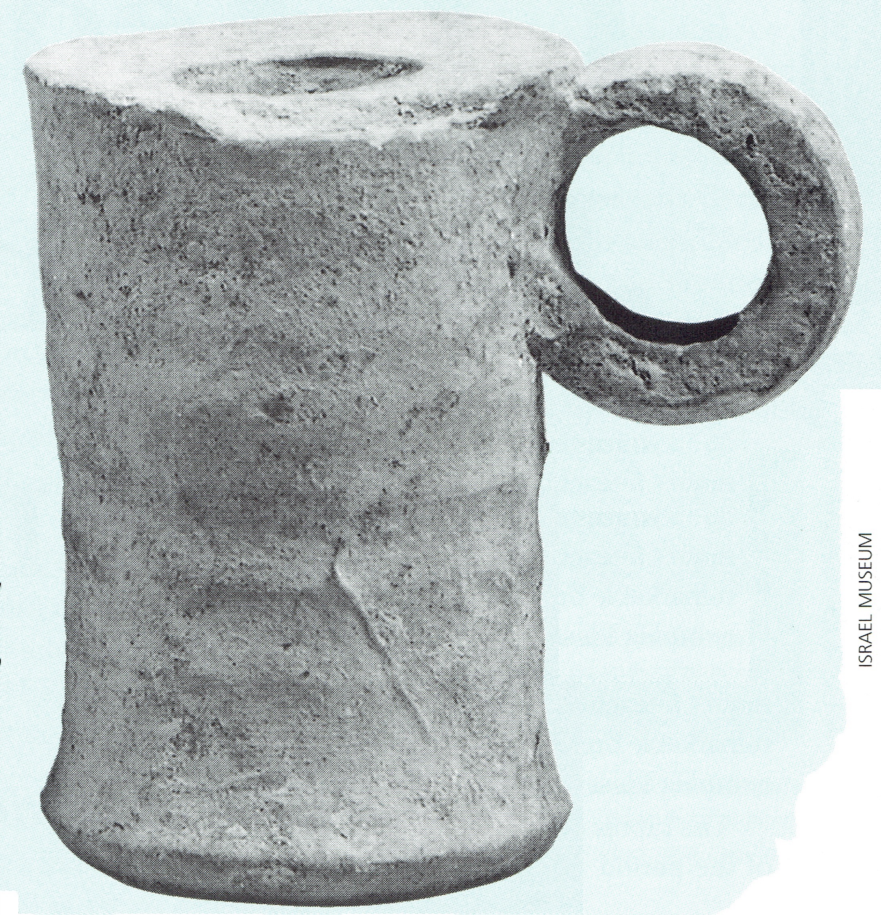
If we keep in mind that Jesus and his disciples and hearers were not speaking Greek but rather Hebrew or Aramaic, or both, then we can see that we will only arrive at Jesus’ original words by translating the Greek texts of speeches in the synoptic Gospels back into their Semitic original.
Scirbal Scribal Errors
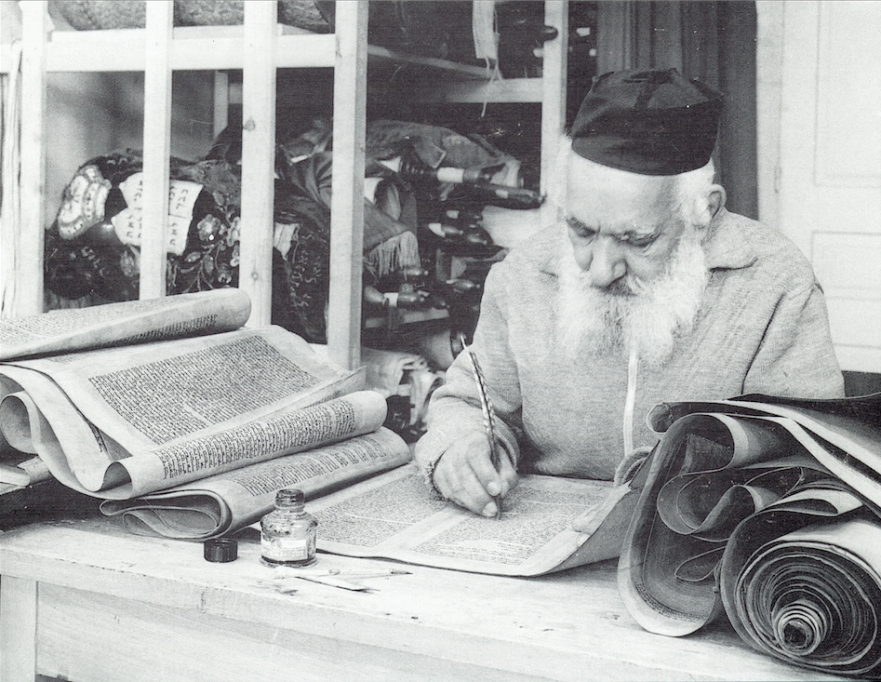
There are about 1,500 scribal errors in the Hebrew Scriptures. The letters vav and yod, for instance, were often confused by ancient copyists of the Bible. The two letters are so similar that they are easily confused. In fact, writing by mistake a vav instead of a yod, or vice versa, is the most common scribal error.
“He Shall Be Called a Nazarene”

One of the titles given to Jesus was “Nazarene.” Where did the title come from, and did it have any special significance? Ray Pritz traces the title’s origins.
The Fallacy of Sacred Name Bibles
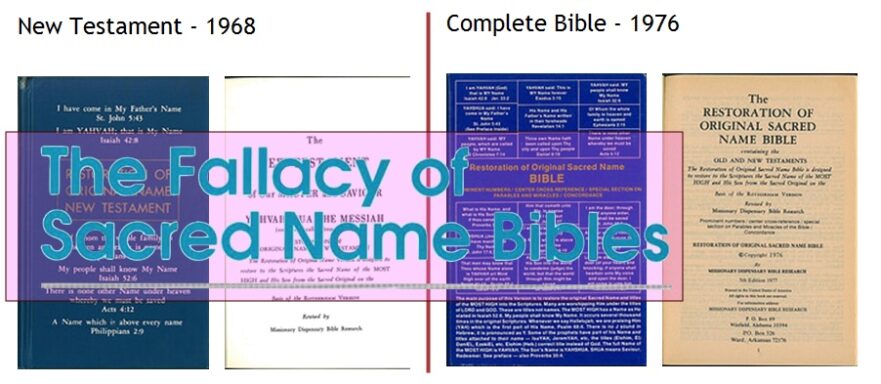
Some Christian teachers argue that it is wrong to translate God’s personal name as “LORD,” and that English Bible translators should use “Yahweh” instead.
“Jehovah”: A Christian Misunderstanding

In any attempt to understand the Bible, there is no substitute for a knowledge of ancient Jewish custom and practice. For example, the term “Jehovah,” which is found in many Christian translations of the Bible, originated due to Christian lack of awareness of Jewish custom.
The Shema in Early Jewish Teaching

“Hear, O Israel: The Lord our God, the Lord is one” (Deut. 6:4), known as the Shema, is a foundational teaching of both Judaism and Jesus.

